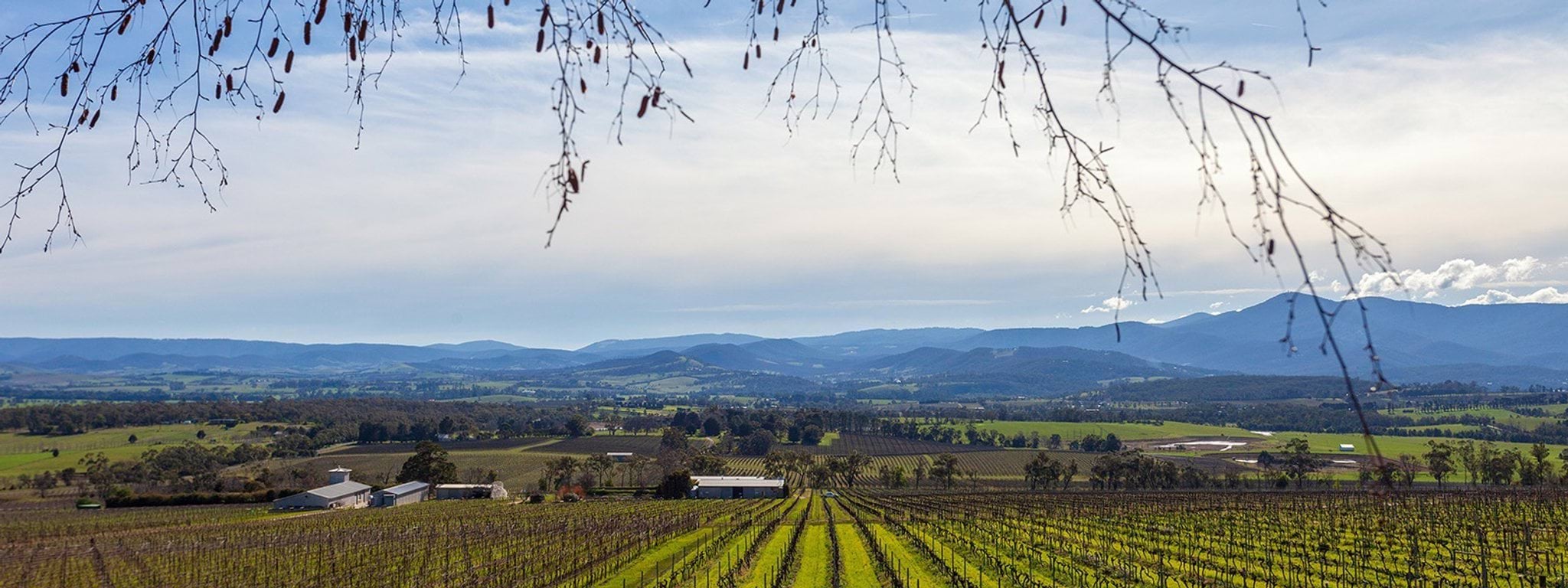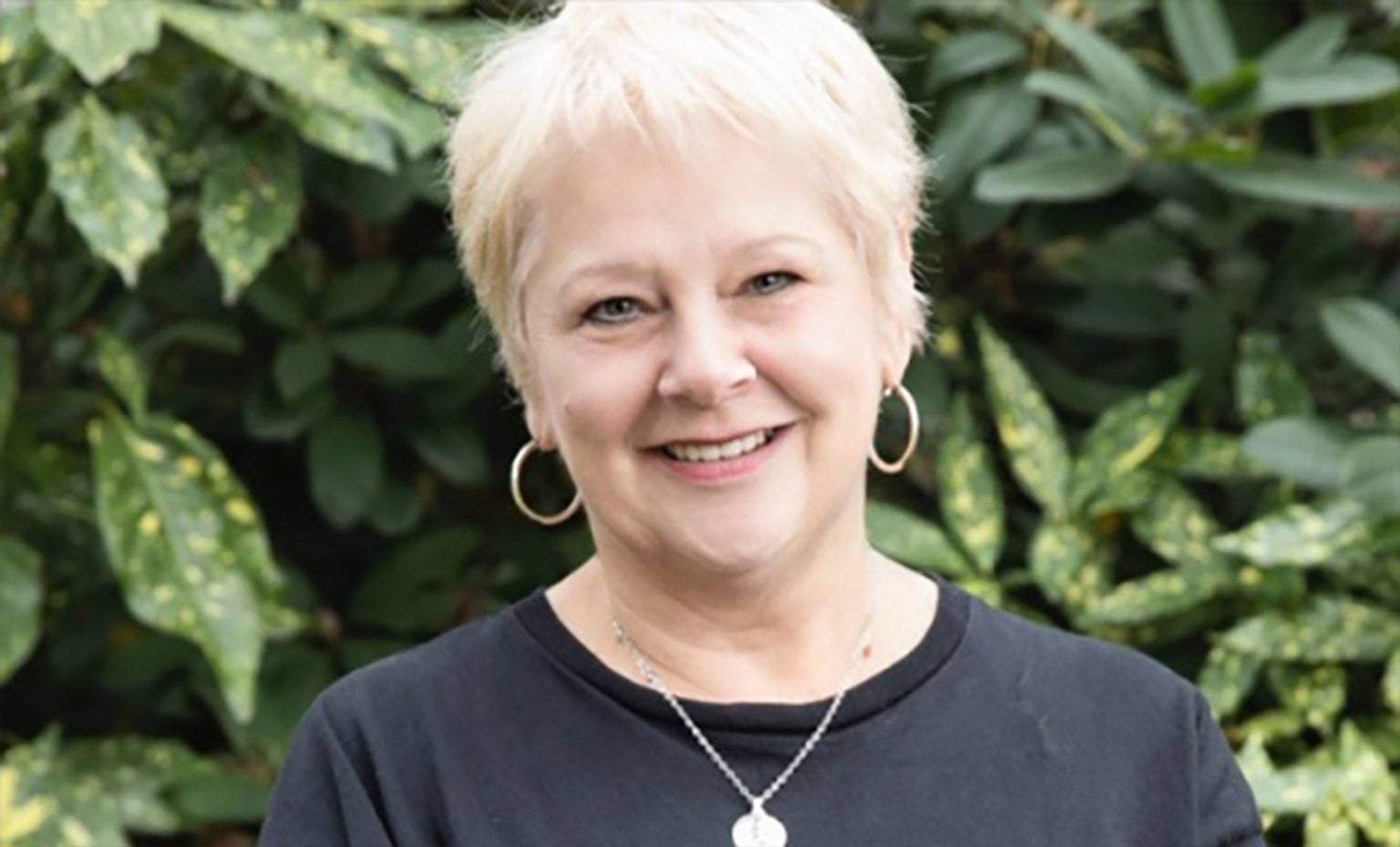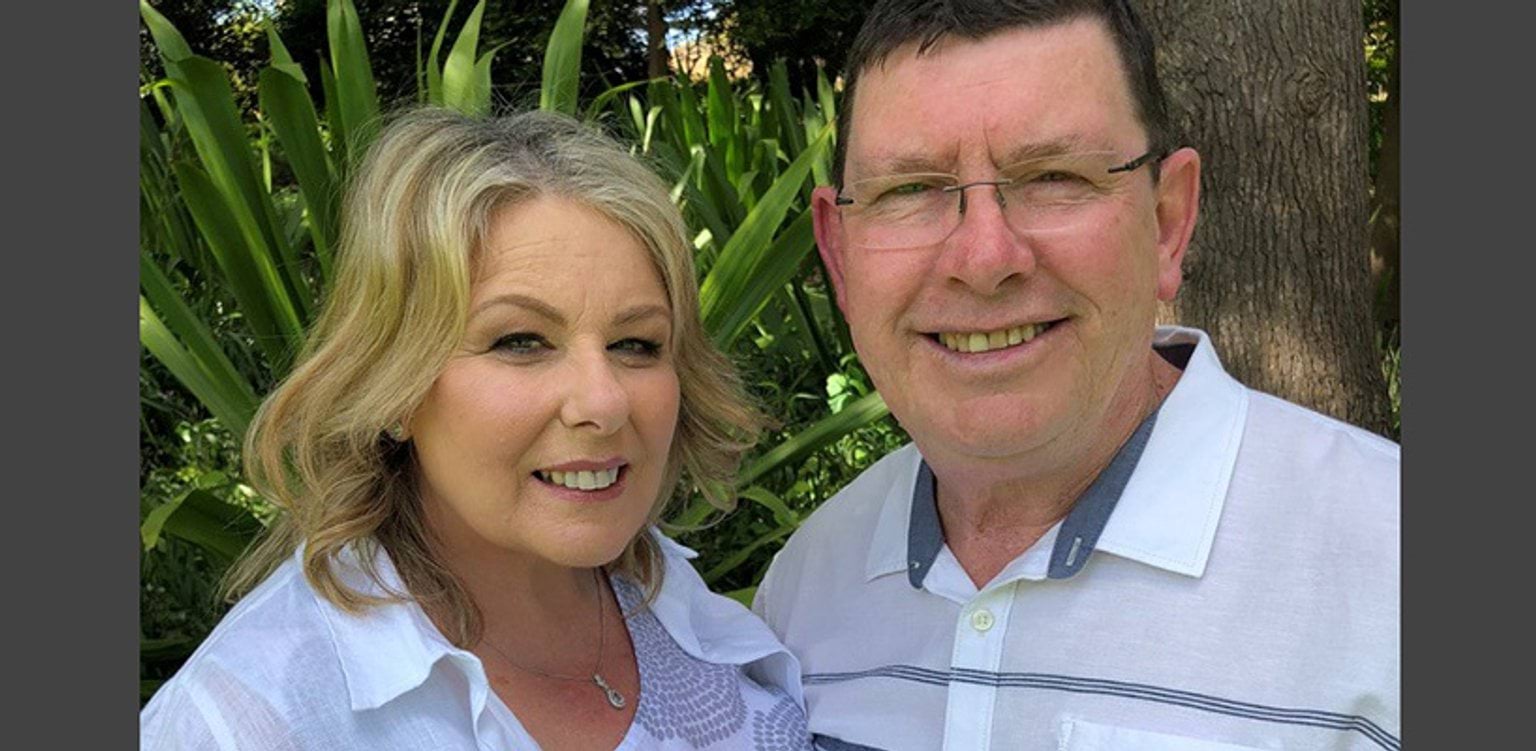Aboriginal people have occupied Australia for at least 65,000 years, predating human settlement in Europe. There were approximately 600 indigenous groups when the first British colony was established in 1788. It is estimated that in the ten years that followed, the indigenous population had reduced by 90%. This is attributed to the introduction of deadly diseases, the possession of Indigenous land and widespread frontier violence. Traditional lands, culture and language were lost. The collision of the two worlds continues to have repercussions today.
Australia provided boundless opportunity for new settlers. Booming wool and gold industries fuelled the rapid development from the early nineteenth century. The colonies achieved self-government by mid-century.
In 1879, Queensland annexed the Torres Strait Islands. This incorporated a second indigenous culture, with an ancient heritage distinct from Aboriginal people, into the Australian identity.
In 1901, the colonies federated to form the Commonwealth of Australia. The new nation retained a strong British identity, reinforced by the White Australia policy. The policy restricted non-European immigration until the 1960s. Australia has since forged an independent identity, welcoming people from across the globe. Today some 28% of Australians were born overseas.
Australia has involved itself in many conflicts since Federation. The First and Second World Wars (1914–18 and 1939–45), were largely fought in defence of the British Empire. Later conflicts served to cement an alliance with the United States. Peacekeeping operations have served to establish Australia's role in the international community.
Explore the stories
Updated


